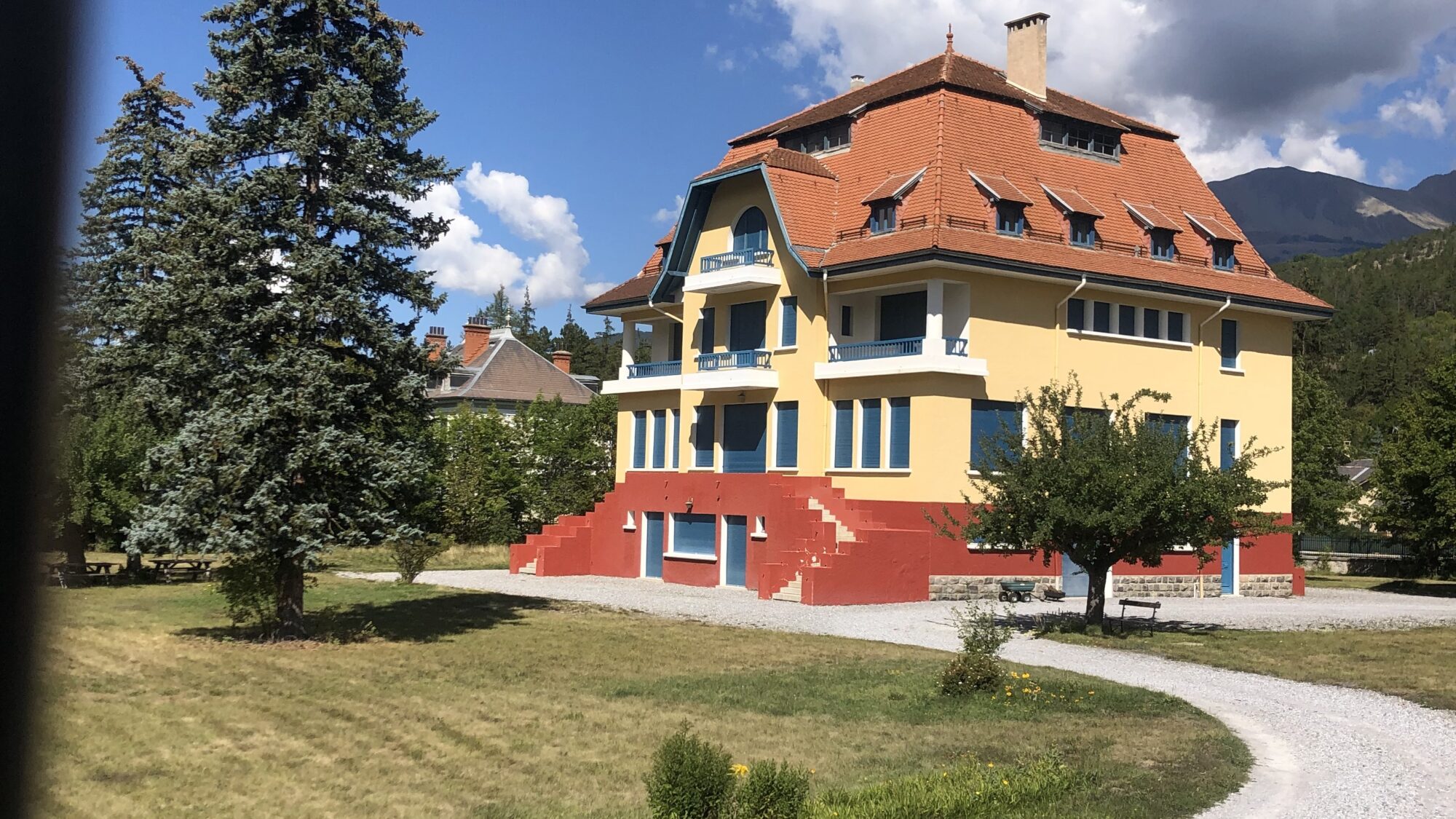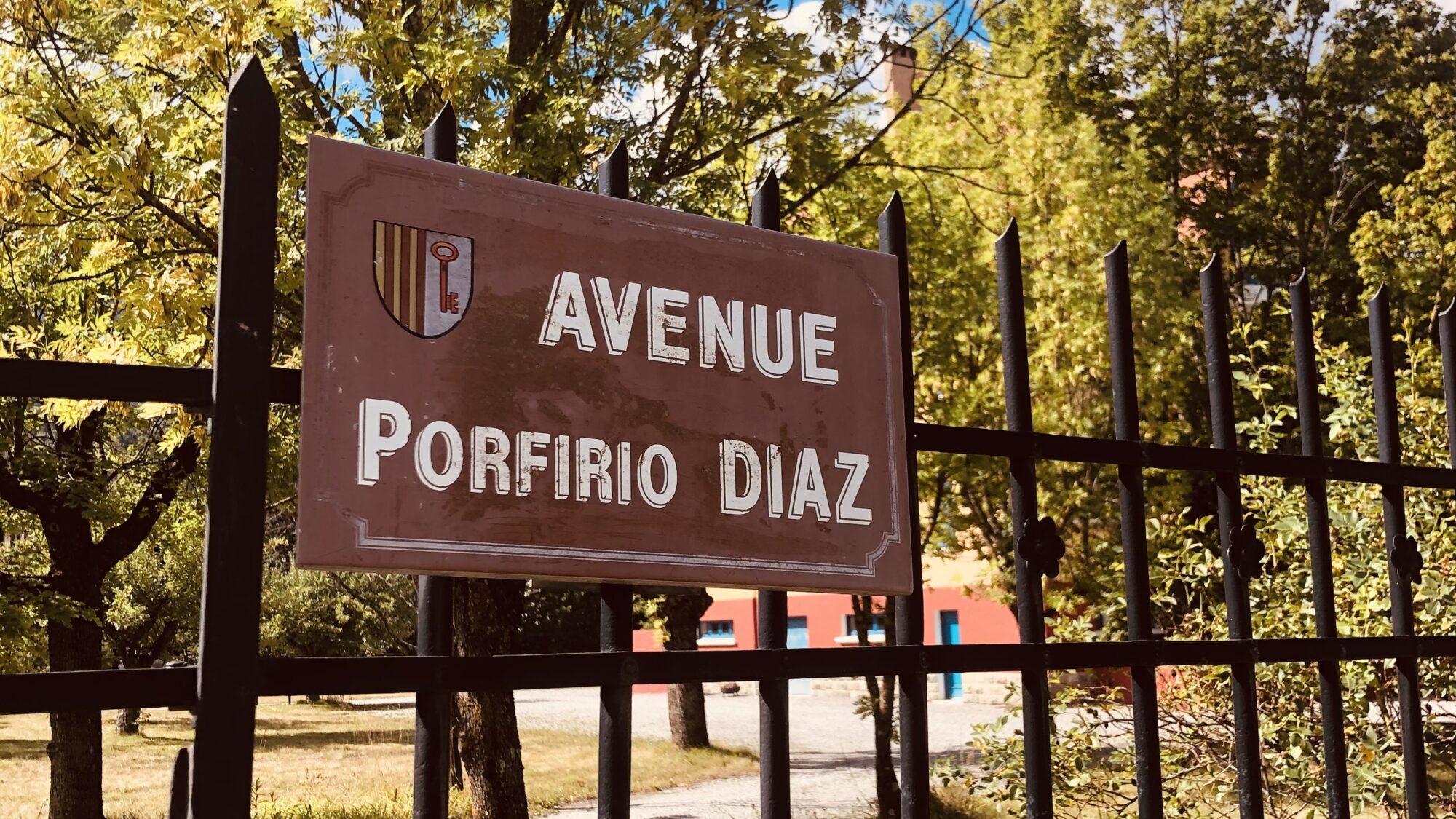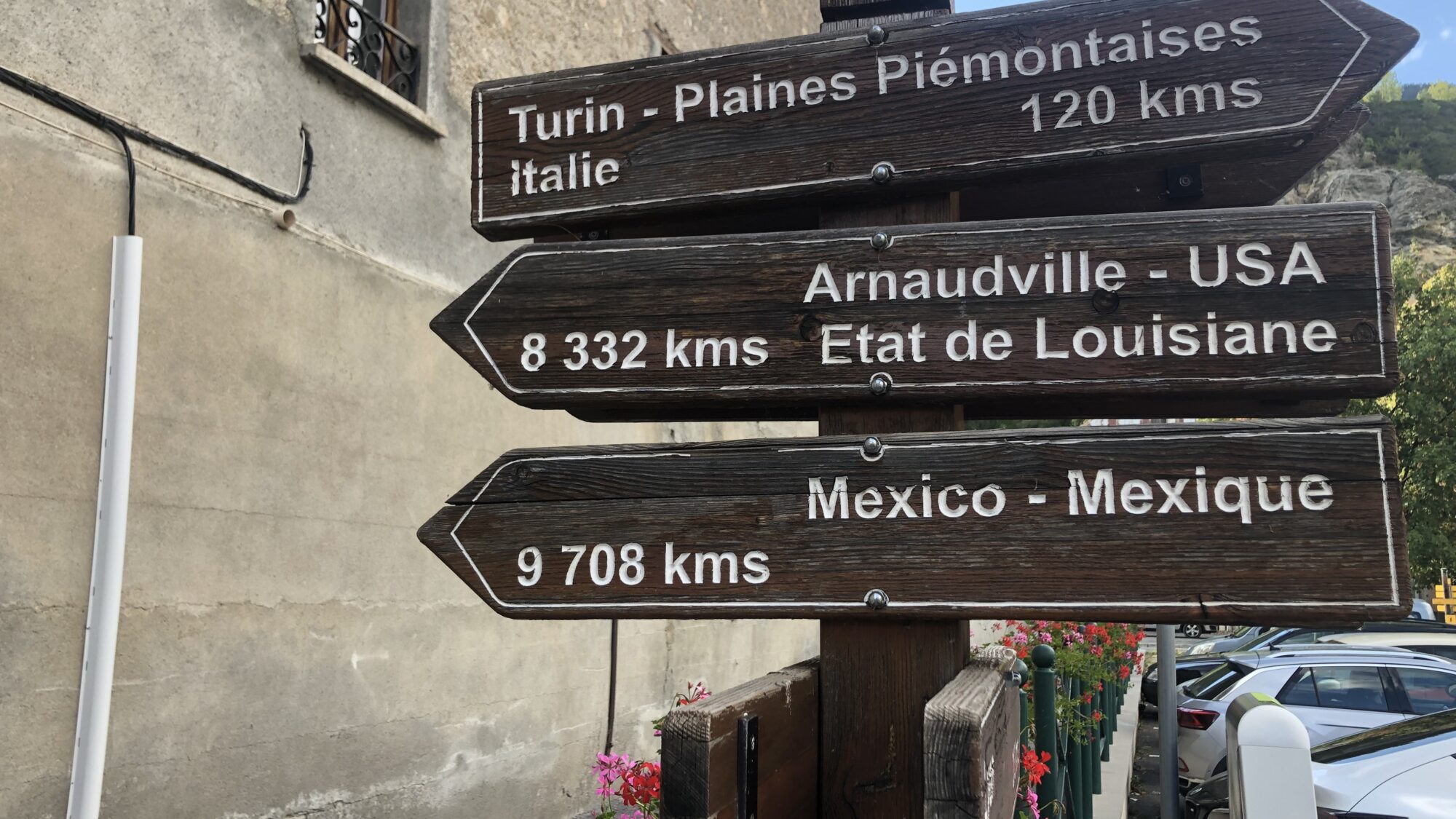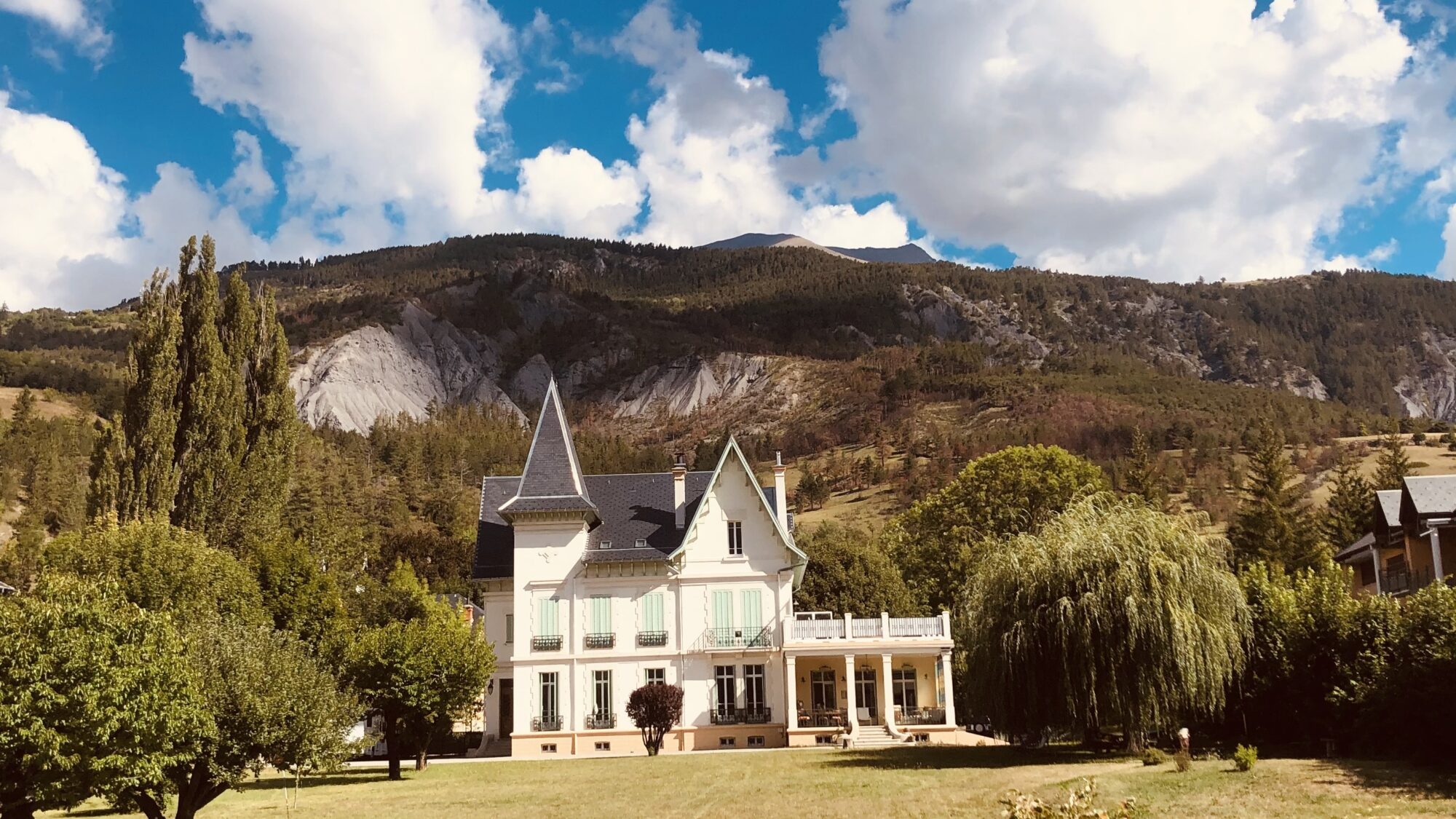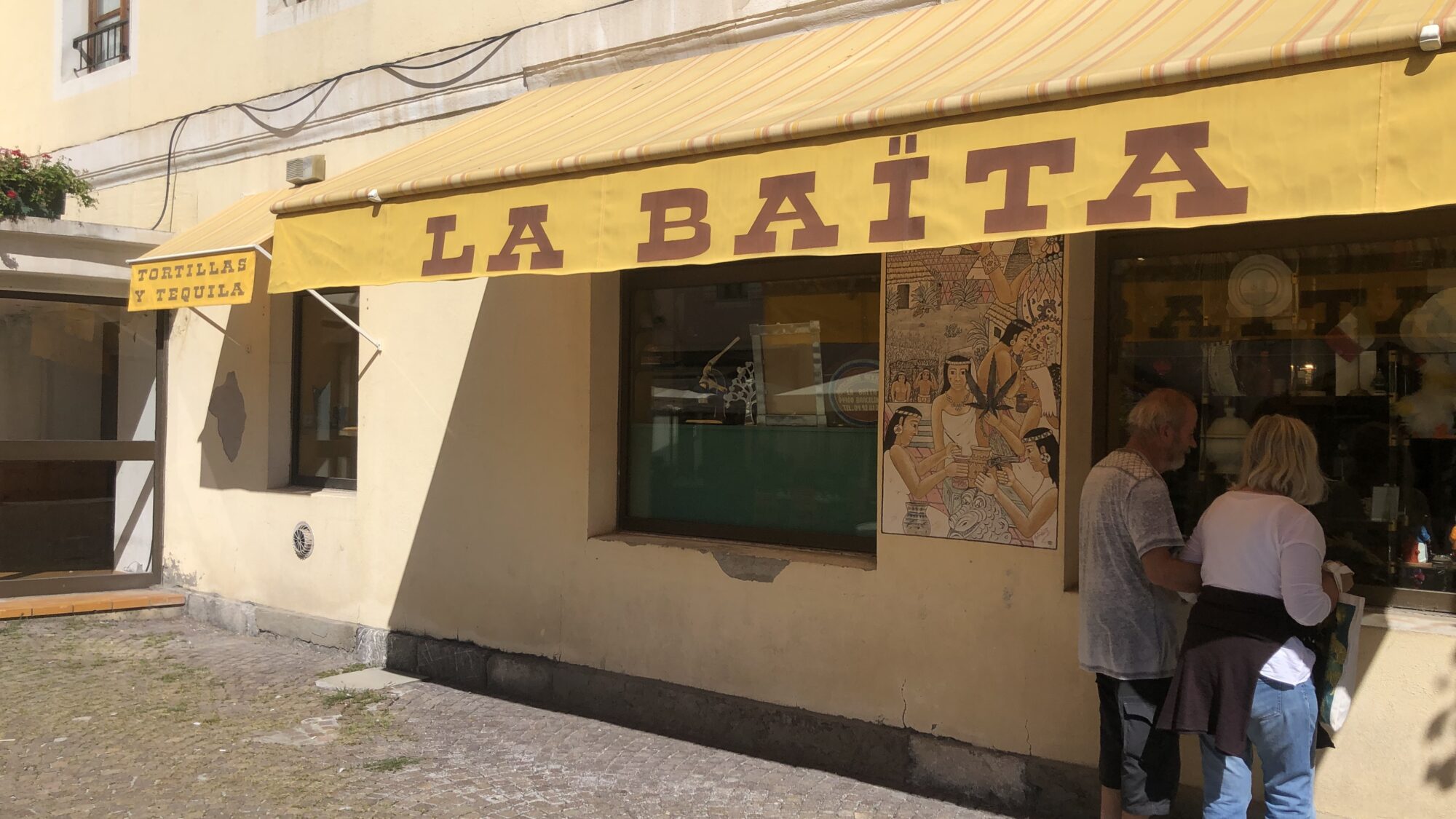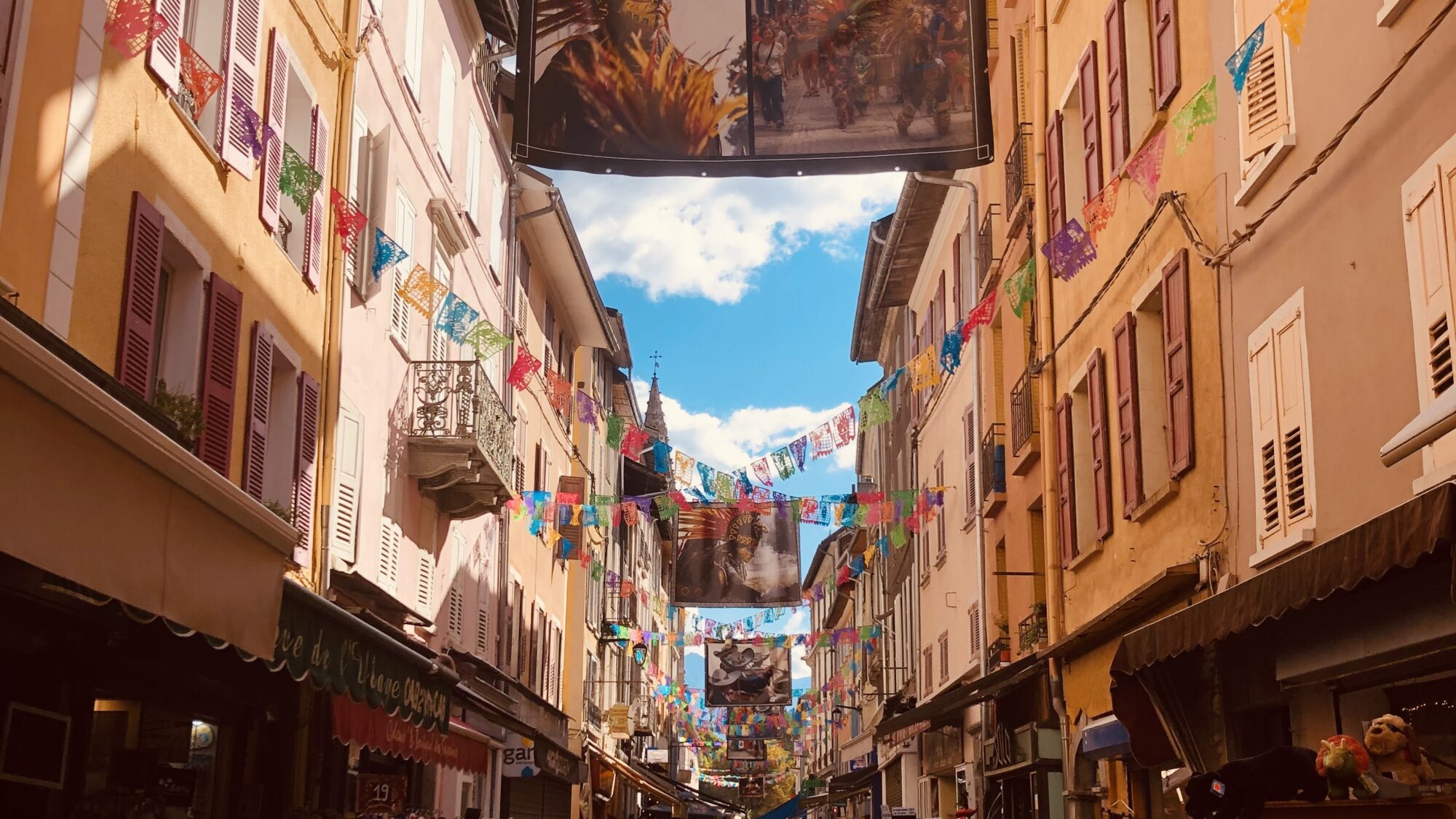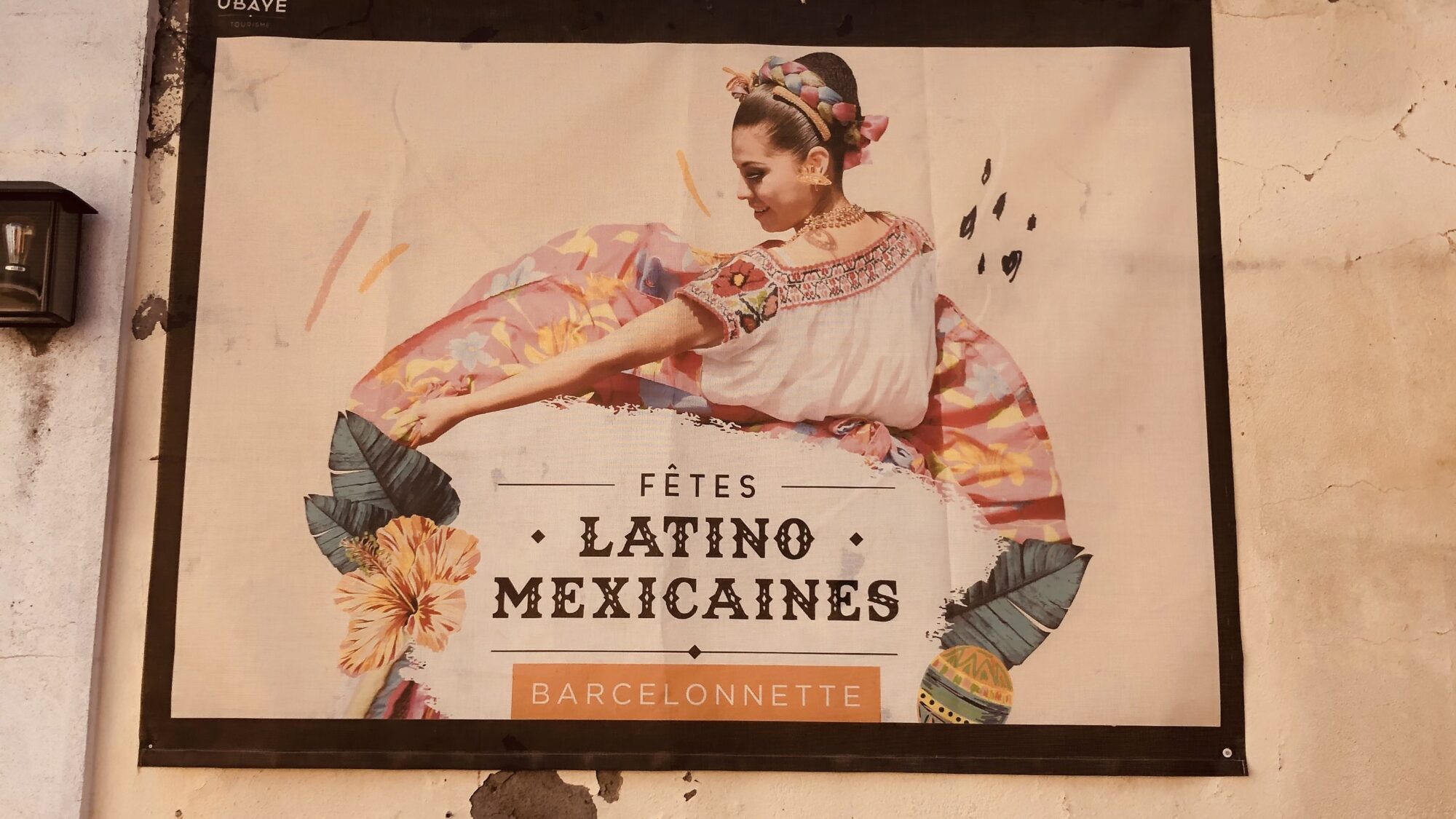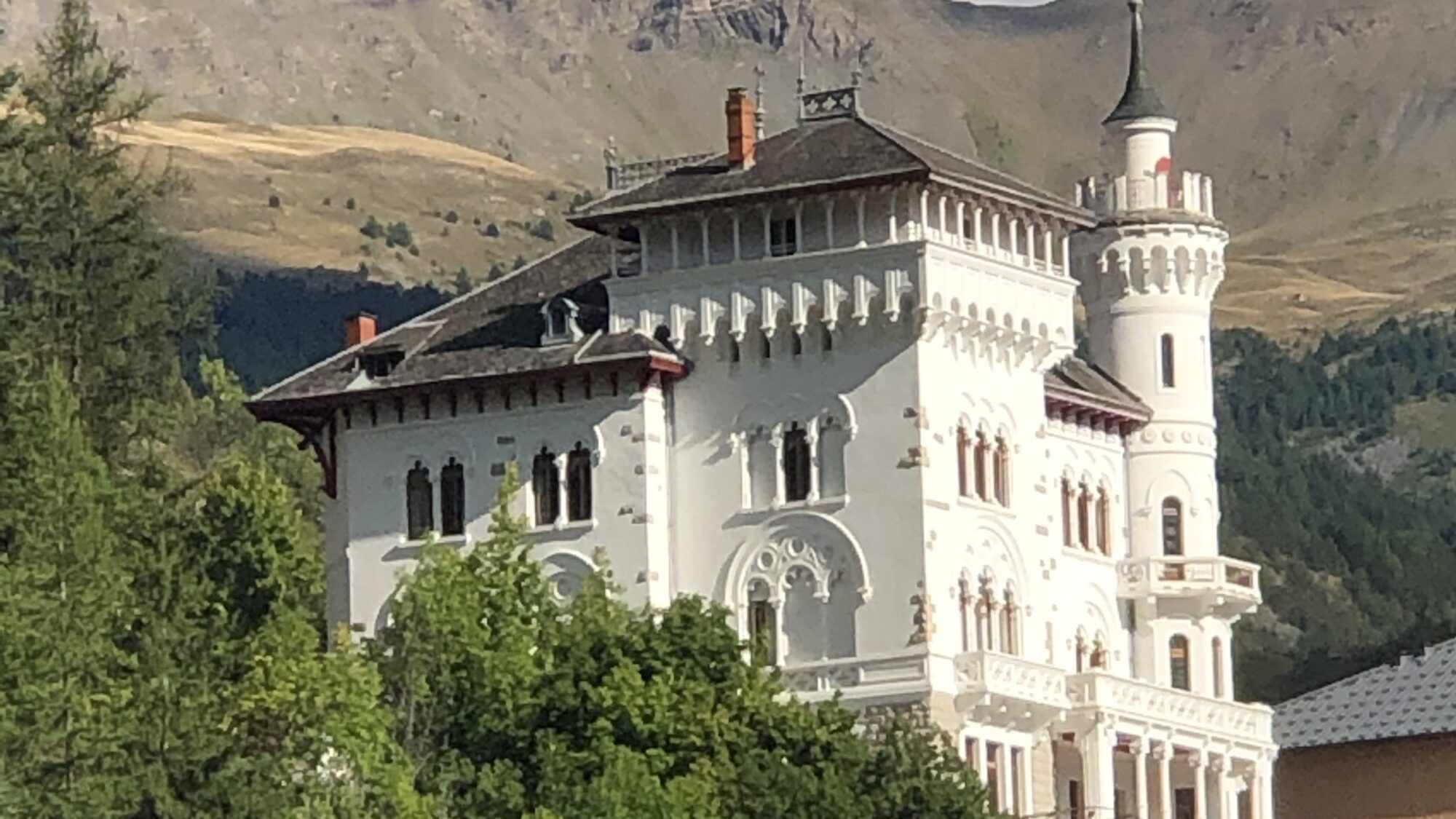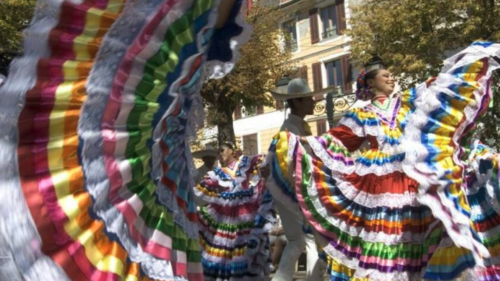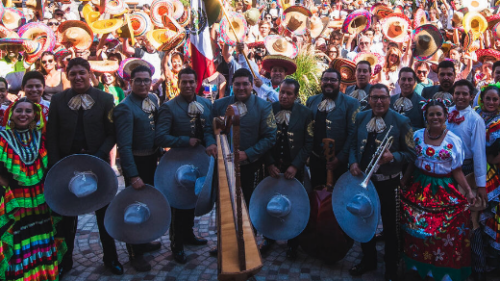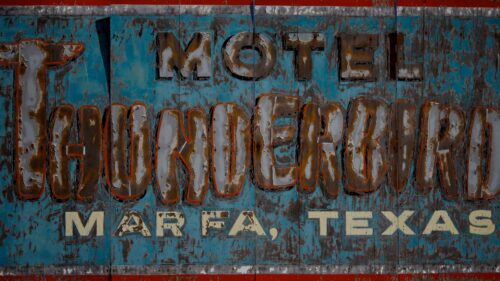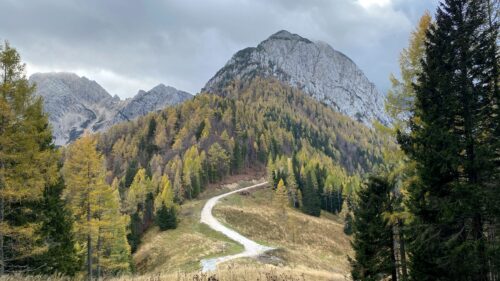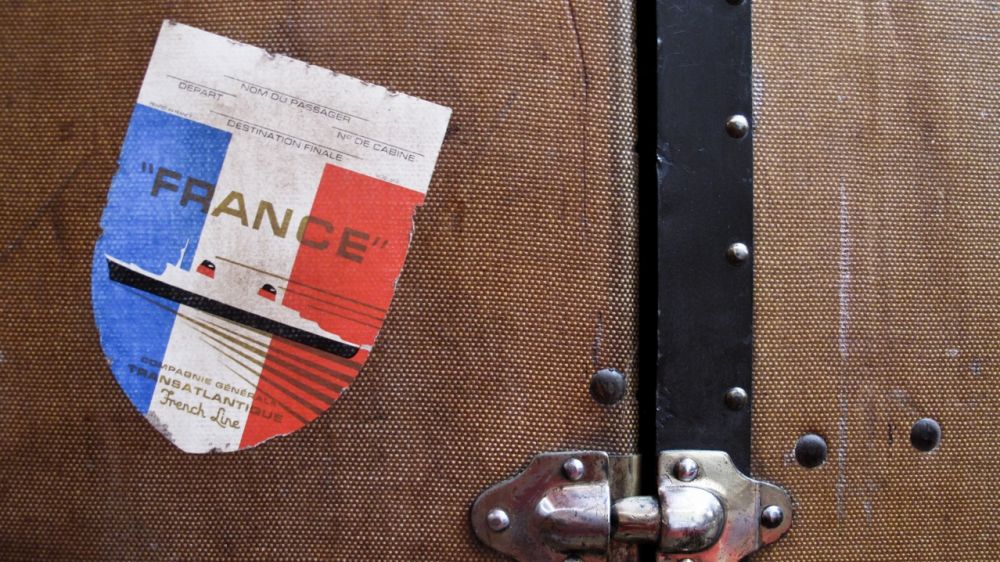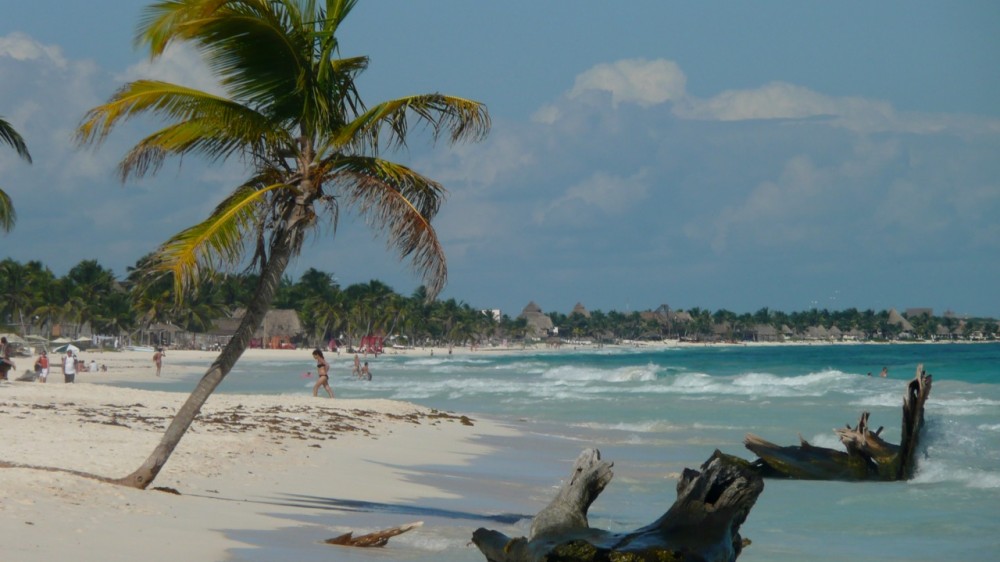Barcelonnette, the most Mexican of the French towns
Located in one of the sunniest parts of the French Alps, the small town of Barcelonnette (not to be confused with Barcelona in Spain) is home to almost 3000 souls. Barcelonnette is not only a friendly family ski town known to every ski enthusiast in the South of France (only 3h away from Marseille), it is also a great destination for the summer.
Visitors looking for an active vacation close to nature, with great climate conditions, and little international tourism (apart from Italian neighbors) will be thrilled. At the foot of the Mercantour National Park, Barcelonnette is a perfect base to explore the nearby mountains on foot (in my opinion, some of the most beautiful hikes in the Alps), bike (Col de la Bonnette and Col de la Cayolle are musts if you are a keen riders), or comfortably behind the wheel of a car (picturesque routes heading to the highest passes in Europe). With the Serre Ponçon lake just less than 30 min drive away, the area is not falling short of family water activities (swimming, boating, paddle boarding, fishing, etc).
But strolling through the streets of Barcelonnette and visiting nearby villages can be unsettling: many streets are named after famous Mexicans (the best example being avenue Porfirio Diaz, a former Mexican president), while the nearby village of Jausiers is twinned with the town of Valle de Bravo in Mexico, and plenty of shops and restaurants in the valley are selling Mexican craft, food and tequila.
To add to thge confusion, there is a Mexican consulate in the centre of Barcelonnette. What on earth is going on here? Is the area staging a Western film? A joke? A Mexican enclave?
To understand this unusual heritage, let’s go back to the 19th century. At the time, people in the Ubaye region spent most of their summers outside, cultivating cereals and raising cows. During the cold winter seasons, the women wove silk, while the men were on the road selling the locally produced textiles to the bigger towns and cities outside of the region. This was a seasonal migration which made the men travel further year after year. So far indeed, that in 1805, Jacques Arnaud, an inhabitant of the nearby village of Jausiers, crossed the Atlantic ocean, set foot in Louisiana (the city of Arnaudville is named after him) and started a prosperous textile business.
It did not take very long for the inhabitants of Barcelonnette and villages around to find out about this success story, and to decide to follow Jacques Arnaud’s footsteps, joining him in this exciting and wealthy adventure. Arnaud’s company decided to cross the border to open a textile shop in Mexico city: the business became so successful that 46 textile shops (all of them owned by people from Barcelonnette area) opened in the capital city shortly after. By 1890, more than 150 shops were established throughout Mexico. Money was flowing and people were becoming extremely rich, until the world suffered a great economic recession, and Mexico was hit by civil war. Many people decided to take a boat back to the homeland, and spent a small amount of their fortune building enormous and conspicuous villas back in Ubaye (Chateau des Magnans, Villa Puebla, Villa Bleue being the most notorious). Today, thanks to a leaflet available at the Tourism office, a pleasant walk gives us the chance to explore the heart of the village and pass by some of the 50 ‘Mexican villas’ built at the time (the architecture is Belle Epoque rather than Mexican style).
Nowadays, this rich local history is celebrated every year for the 10 day long Dias de los Mortes festival. It usually takes place in the summer, and during that week, the streets of Barcelonnette are filled with concerts, parades, dances, and obviously spicy food and tequila. It is also a time for French and Mexican family to reunited, share stories, discover their roots and make new friends.
Visiting Barcelonnette at this time of the year while not knowing the history of the place must be quite strange at first. But I imagine that this would be a great way to explore the area, learn about its history, culture, food (where else in France do you have the choice to eat freshly baked tourtons or tortillas?), mix with locals, Mexicans, Italians and possibly puzzled tourists visiting the area and not understanding what is going on around them.
Not sure about you, but I already know where I will be next summer. Hasta luego Barcelonnette!
